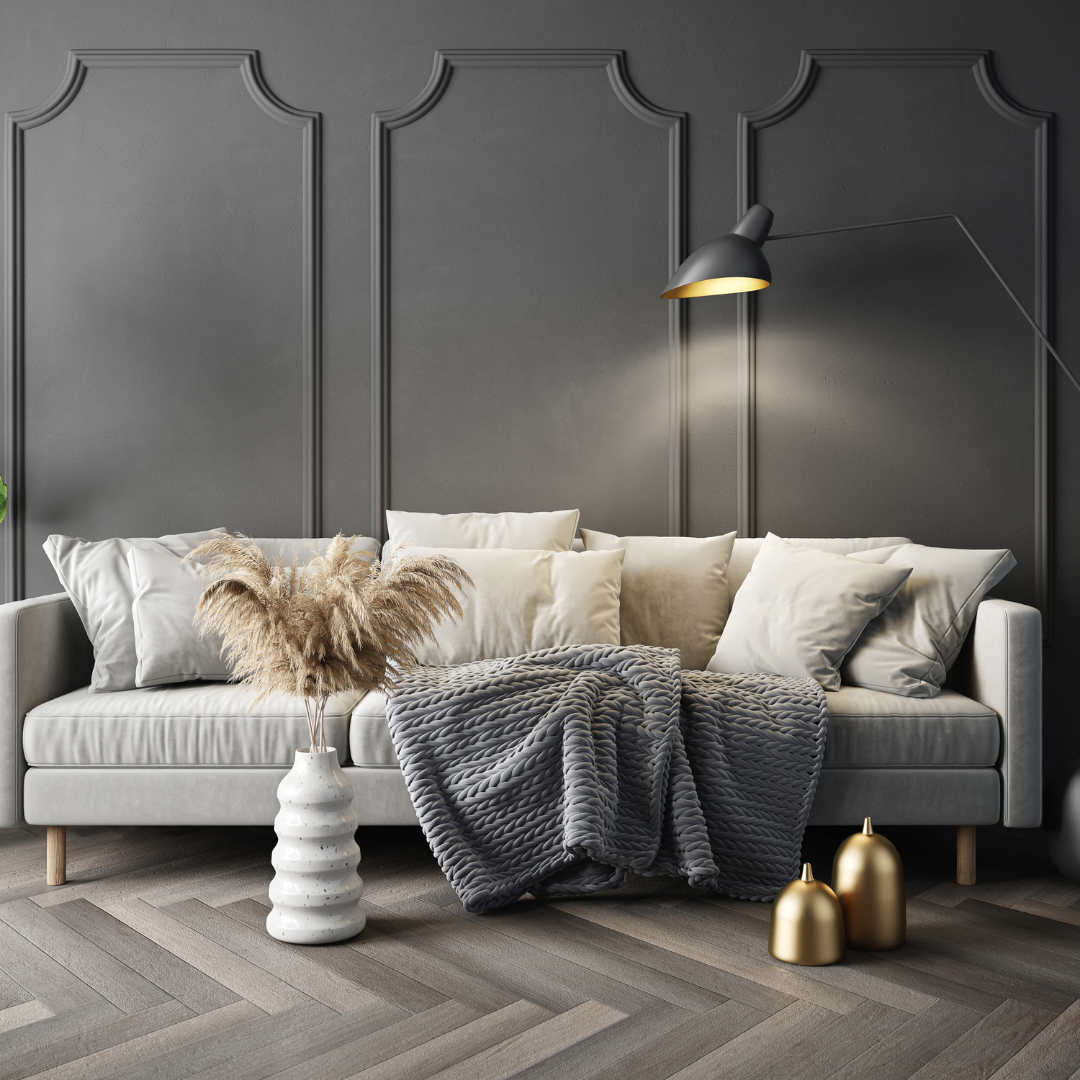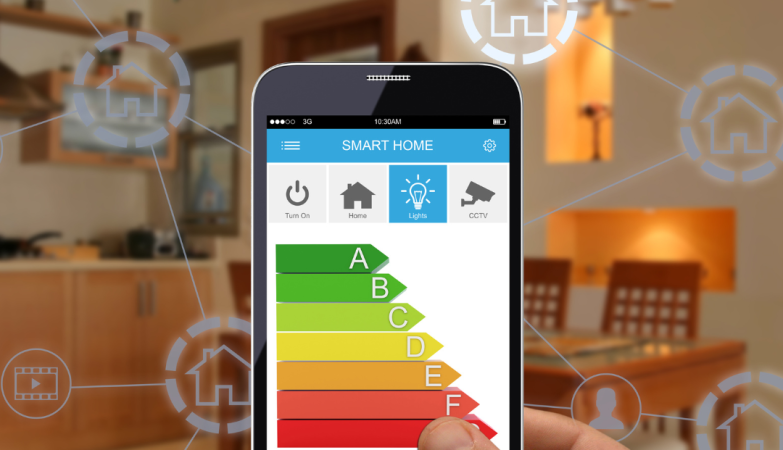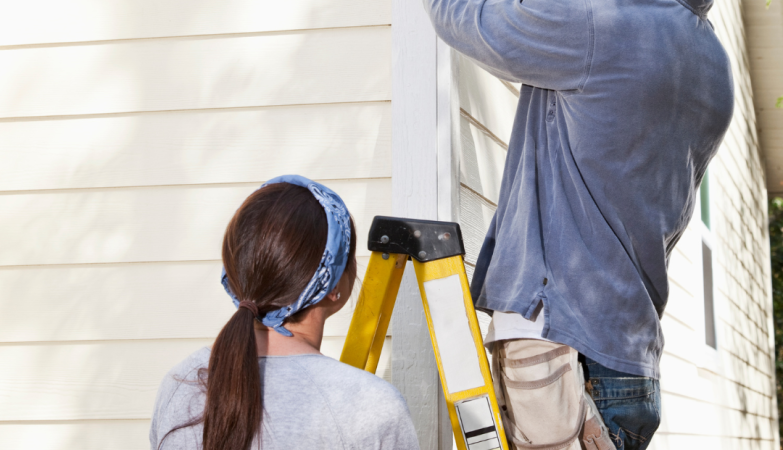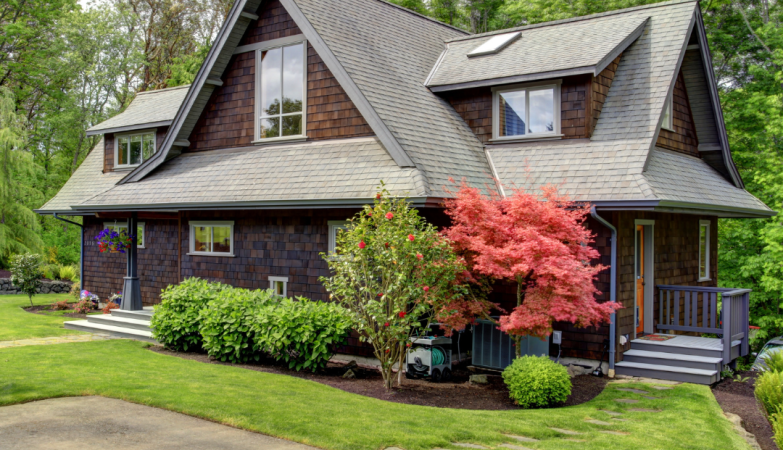The home design provides a great opportunity to express one’s personality and style. The choice of interior design can be a fascinating experience and very satisfying. Besides, designing one’s own home has become a favourite hobby for many.
Now, a home is one of the most valuable assets you can have, so it is important to ensure that it is designed such that you’re assured maximum comfort and great aesthetics too. A house’s interior can have a great impression not only on guests but also on the people you might want to sell your home to later.
Having said that, interior design has always been a significant factor in home or remodelling projects’ success. This is because you could successfully turn your home into a completely new environment with the help of Tran + Thomas Design services or other similar designing services.
Similarly, utilizing the right interior design can elevate the functionality of the home and provide scope for new and exciting possibilities. It goes beyond merely arranging furniture; it’s about creating a living space that seamlessly blends functionality with aesthetics. The right design choices can enhance the flow of energy within your home, transforming it into a place of tranquility and inspiration.
By exploring various interior design options, you can even transform underutilized spaces like your outdoor living area into a haven where you can unwind and relax with your family and friends. For example, if you have a beach house or own a pool, simply adding outdoor furniture like the Sun bed by Feelnets (or similar firms) can turn it into your personal retreat, allowing you to rest your bones after an exhausting day of work. It’s worth noting that such small design decisions can have a massive impact on how you perceive the corners of your home. This is perhaps why the value and importance of indulging in quality interior design can never be understated.
However, it has become a niche business in recent years. Interior designers offer a unique perspective on aesthetics and building design as they apply creative ideas and visions to structures.
The Future of Interior Design is Soft and Squiggly
The future of home interior design is soft and squiggly. Soft and squiggly like a gummy bear. You see, in a future, where the rise of the machines has brought the dominant species from the future back to our present, the machines have moved away from production, and production has moved away from the machines. What remains are humans, who still desire to create, but in different ways.
Will Interior Design Be in Demand in the Future?
There is no doubt that the world of interior design is growing fast, but is it going to continue to grow in the future? After all, there are so many new fads to keep up with, and a lot of the home décor brands are constantly changing their style and designs. With this in mind, it is important for consumers to understand that it is possible to keep up with the latest trends and designs, and if you don’t, you may miss out on the bright future that lies ahead. On the same note, collaborating with a professional interior designer like Helen Coulston could be a smart idea if you want to spruce up your home’s interiors in keeping with the latest trends.
Home interior design has evolved significantly over the years, transforming from a casual pastime into a highly regarded profession. In today’s design landscape, professional interior designers are akin to rock stars, revered for their creative vision and expertise. Their influence extends into every corner of a home, from creating greener bathrooms to offering services related to minimalist kitchen remodeling, ultimately enhancing the quality of life for homeowners.
Is Interior Design a Disappearing Field
Let’s face it, interior design is a dying field. But it’s not that no one cares anymore. As with many other fields, interior design is a relatively new profession. People have always cared about dressing up their home and making it look nice, but that has traditionally been the domain of those who knew how to do it. By the early twentieth century, designers were trained at art schools and universities, and industry professionals like architects and interior designers were established. But as the world changed and the economy shifted, so did the meaning of interior design.
I never thought I’d see the day when interior design and décor would be looked down upon as a dying field. I mean, look at the success stories coming in from small and even medium-sized interior design firms all over the world. But, as much as I’m enjoying the work I’m doing for my own clients and my own business, I also feel that today’s design industry is no longer about creativity. I can’t help but feel like some people in the industry have become so afraid of change that they’re doing everything they can to resist it. And that is hurting the industry.
The home is an ever-evolving space, constantly changing to keep up with technology and the demands of the modern world. We’ve come to adapt a number of physical ideas and concepts through it, from highways to supermarkets and, of course, the home itself.
After witnessing a sudden increase in the popularity of home interior design, no one can deny the fact that interior design is the center of attraction. Without a doubt, home interior design has become a trend, and many people want to hold onto their dreams of owning a home equipped with gorgeous and stylish home interior design.
It’s been said that the future is home decor. The success of the smart home revolution shows that with today’s technology, we can have the ultimate virtual space. From developing smart cities to creating new ways to access information and entertainment, the future of home interior design is in our hands.
The term ‘interior designer’ can be a tricky one to define. Anyone who takes on the role of designing and decorating interiors for a living is likely to be referred to as a ‘decorator’ or a ‘designer. Still, the line between the two is sometimes hard to define. Yes, a professional decorator can be a designer, but not all designers are necessarily qualified to act as decorators.








